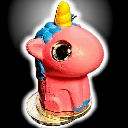-
 Bitcoin
Bitcoin
$94,375.9064
0.56% -
 Ethereum
Ethereum
$3,269.4554
0.74% -
 XRP
XRP
$2.4075
5.09% -
 Tether USDt
Tether USDt
$0.9996
-0.03% -
 BNB
BNB
$695.1720
0.29% -
 Solana
Solana
$186.9315
-0.33% -
 Dogecoin
Dogecoin
$0.3347
1.78% -
 USDC
USDC
$1.0000
0.01% -
 Cardano
Cardano
$0.9374
0.78% -
 TRON
TRON
$0.2417
0.59% -
 Avalanche
Avalanche
$36.4025
-0.77% -
 Sui
Sui
$4.9507
-0.52% -
 Toncoin
Toncoin
$5.4466
4.39% -
 Stellar
Stellar
$0.4221
4.19% -
 Shiba Inu
Shiba Inu
$0.0000
1.41% -
 Chainlink
Chainlink
$19.9781
-0.18% -
 Hedera
Hedera
$0.2784
2.19% -
 Polkadot
Polkadot
$6.6369
-0.01% -
 UNUS SED LEO
UNUS SED LEO
$9.3968
3.89% -
 Bitcoin Cash
Bitcoin Cash
$437.1802
-0.92% -
 Bitget Token
Bitget Token
$7.1326
7.00% -
 Uniswap
Uniswap
$13.6582
4.00% -
 Litecoin
Litecoin
$103.2529
-1.45% -
 Pepe
Pepe
$0.0000
2.98% -
 Hyperliquid
Hyperliquid
$20.1308
-2.94% -
 NEAR Protocol
NEAR Protocol
$5.0205
0.09% -
 Ethena USDe
Ethena USDe
$0.9992
0.01% -
 Dai
Dai
$1.0000
-0.01% -
 Aptos
Aptos
$9.0015
-0.23% -
 Internet Computer
Internet Computer
$10.1676
-2.44%
How to buy Flux coins
To purchase Flux coins, first select a reputable cryptocurrency exchange, such as Binance or Bittrex, set up an account, fund it, and then search for Flux (FLUX) in the trading interface to buy and store it safely in a non-custodial wallet.
Nov 18, 2024 at 07:42 pm
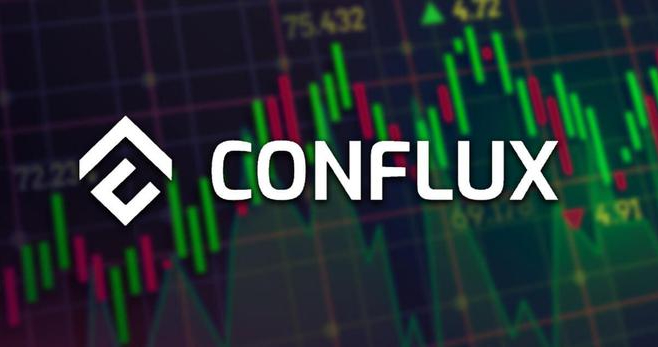
How to Buy Flux Coins: A Comprehensive Guide
Flux coins, native to the blockchain platform Flux, are gaining traction as a versatile and secure cryptocurrency with a range of applications. Here's a step-by-step guide to help you navigate the world of Flux coins and make informed decisions when buying them.
1. Choose a Reputable Exchange
The first step is to choose a reliable cryptocurrency exchange where you can trade Flux coins. Some reputable platforms include:
- Binance: A large, well-established exchange with high liquidity and a user-friendly interface.
- Bittrex: Known for its security and diverse altcoin offerings, including Flux.
- KuCoin: Offers a wide range of cryptocurrencies, including Flux, and relatively low fees.
- Gate.io: Known for its extensive trading tools and cryptocurrency options.
2. Set Up an Exchange Account
Once you've selected an exchange, you'll need to create an account. Provide accurate and verifiable information during the registration process, as exchanges typically require identity verification (KYC) to comply with regulations.
3. Fund Your Account
There are several ways to fund your exchange account, including bank transfers, credit/debit cards, and other cryptocurrencies. Choose a method that suits your convenience and preferences, considering any associated fees.
4. Buy Flux Coins
Navigate to the trading interface on the exchange. Search for Flux coins using their ticker symbol, FLUX. Input the desired amount of FLUX you want to purchase and select the "Buy" option. Choose the order type that best aligns with your trading strategy, such as market order or limit order.
5. Store Your Flux Coins Safely
After purchasing Flux coins, it's crucial to store them securely in a crypto wallet. Non-custodial wallets like Ledger or Trezor provide enhanced security by giving you full control over your private keys. Custodial wallets are offered by exchanges, but come with inherent risks and limitations.
6. Trade Flux Coins
Once you hold Flux coins in your wallet, you can trade them on supported exchanges or use them within Flux decentralized applications and services. Keep in mind that the value of Flux coins fluctuates, so it's essential to research and make informed decisions when buying, selling, or trading.
7. Explore Flux Ecosystem
Delve into the Flux ecosystem and explore its offerings. Stake your Flux coins to earn rewards, participate in decentralized governance, and engage with the growing Flux community.
Disclaimer:info@kdj.com
The information provided is not trading advice. kdj.com does not assume any responsibility for any investments made based on the information provided in this article. Cryptocurrencies are highly volatile and it is highly recommended that you invest with caution after thorough research!
If you believe that the content used on this website infringes your copyright, please contact us immediately (info@kdj.com) and we will delete it promptly.
-
WallitIQ (WLTQ): The #1 AI Crypto Token For Life-Changing Wealth In 2025
- 2025-01-12 00:45:27
-
Next Cryptocurrency to Explode: AVA AI (AVA), Solaxy (SOLX), Creditcoin (CTC), Pippin (PIPPIN) & Quant (QNT)
- 2025-01-12 00:35:26
-
BTFD Coin: The P2E Revolution Is Here!
- 2025-01-12 00:35:26
-
Top Meme Coin Presales to Buy Now: Arctic Pablo Coin ($APC), Mog Coin (MOG), and the Book of Meme (BOME)
- 2025-01-12 00:45:27
-
Blue Jays Designate Brett de Geus to Make 40-Man Space for Jeff Hoffman
- 2025-01-12 00:35:26
-
Remittix (RTX): A Potential Game-Changer in the Crypto-to-Fiat Payment Sector
- 2025-01-12 00:45:27
Related knowledge
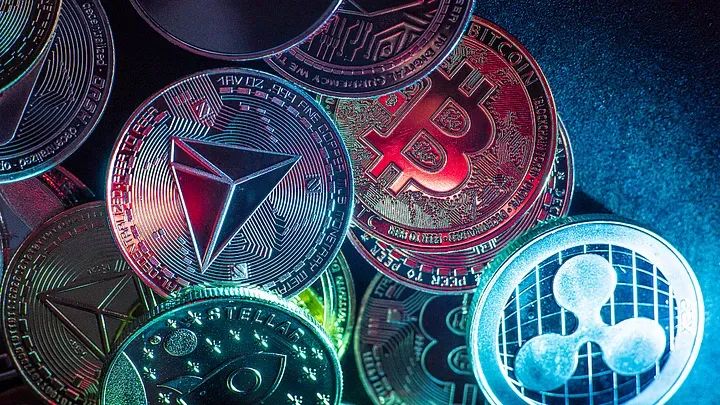
What Is The Difference Between Fungible And Non-Fungible Tokens?
Nov 26,2024 at 01:04pm
Fungible vs. Non-Fungible Tokens: A Comprehensive GuideIn the realm of blockchain technology, the concept of tokens lies at the core of many applications. Tokens represent digital assets that can be used to facilitate transactions, store value, or represent ownership. However, there exists a fundamental distinction between two types of tokens: fungible ...
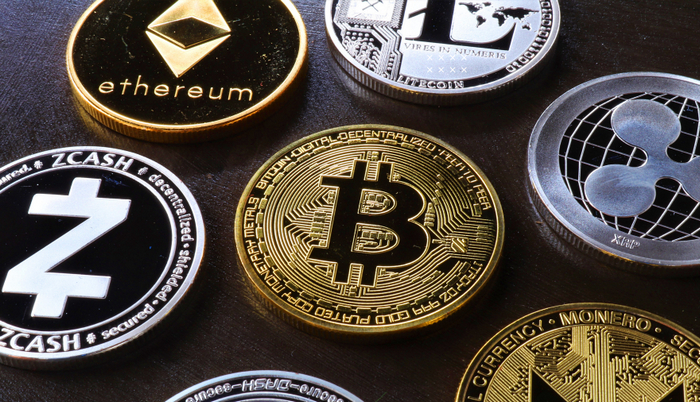
What is a Public Key Infrastructure?
Nov 23,2024 at 12:30am
What is a Public Key Infrastructure?IntroductionA Public Key Infrastructure (PKI) is a framework that enables secure communication over a network by managing digital certificates and public-key cryptography. PKI plays a crucial role in various blockchain applications, ensuring data integrity, authentication, and non-repudiation.Components of a PKIA PKI ...
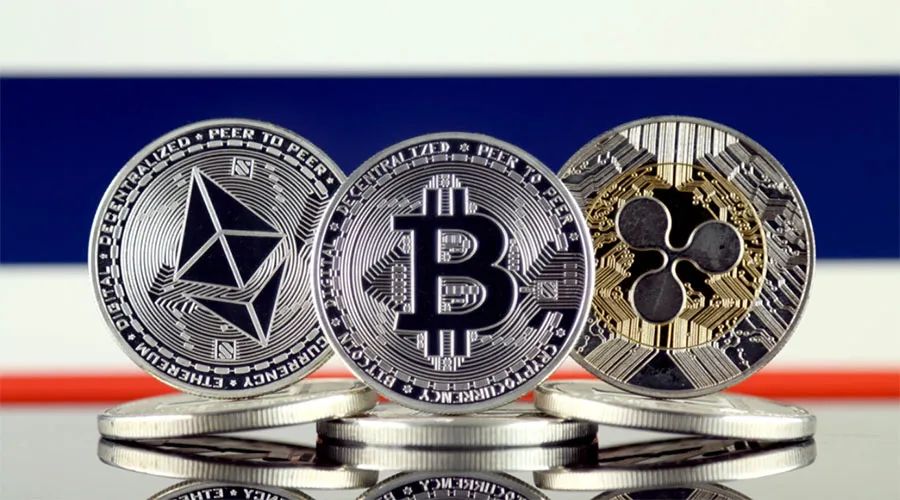
What is MEV (Miner Extractable Value)?
Nov 22,2024 at 06:22pm
What is Miner Extractable Value (MEV)?Introduction:Miner Extractable Value (MEV) is a term used to describe the profit that miners can make by manipulating the order of transactions in a block. This manipulation is possible because miners have the ability to choose the order in which transactions are included in a block, and they can use this power to f...
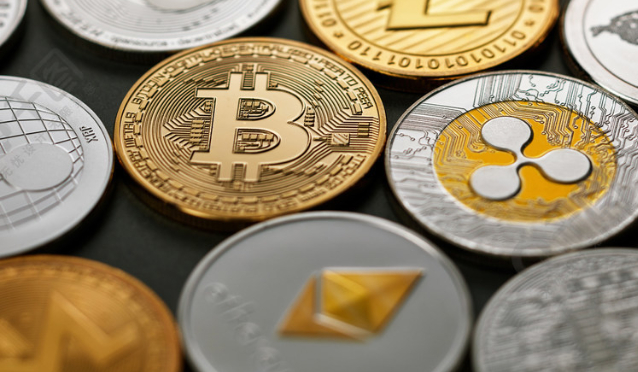
What is a Genesis Block?
Nov 24,2024 at 09:10pm
Decoding the Genesis Block: The Birth of BlockchainIntroductionThe Genesis block stands as the inaugural chapter in the blockchain saga, igniting the spark that revolutionized the world of finance and technology. This foundational block holds immense significance, embodying the inception of immutable ledgers, decentralized networks, and the transformati...
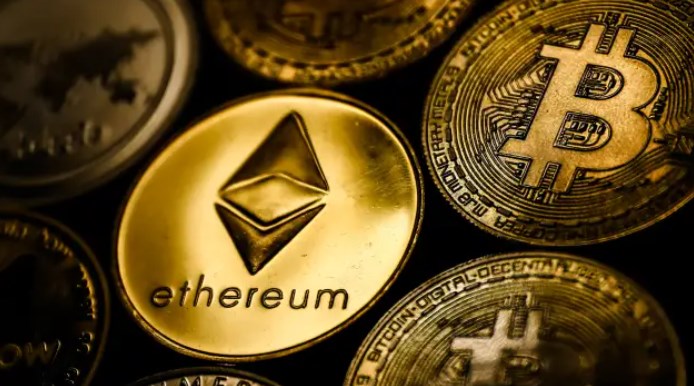
What Is an NFT Game?
Nov 26,2024 at 07:05am
What Is an NFT Game?Non-fungible tokens (NFTs) have taken the digital world by storm, empowering creators, collectors, and enthusiasts alike to own and trade unique digital assets. The integration of NFTs into the gaming industry has given rise to a captivating new realm known as NFT games, where players can not only enjoy immersive experiences but also...
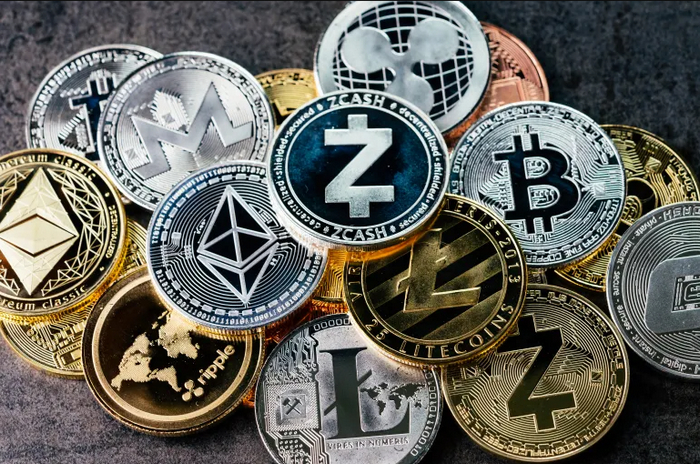
What Is an NFT Marketplace?
Nov 22,2024 at 07:43pm
What Is an NFT Marketplace?An NFT marketplace is a platform that facilitates the buying, selling, and trading of non-fungible tokens (NFTs). NFTs are unique digital assets that represent ownership of a specific item, such as a piece of art, music, video, or other collectible. NFT marketplaces allow users to create, list, and purchase NFTs, with transact...

What Is The Difference Between Fungible And Non-Fungible Tokens?
Nov 26,2024 at 01:04pm
Fungible vs. Non-Fungible Tokens: A Comprehensive GuideIn the realm of blockchain technology, the concept of tokens lies at the core of many applications. Tokens represent digital assets that can be used to facilitate transactions, store value, or represent ownership. However, there exists a fundamental distinction between two types of tokens: fungible ...

What is a Public Key Infrastructure?
Nov 23,2024 at 12:30am
What is a Public Key Infrastructure?IntroductionA Public Key Infrastructure (PKI) is a framework that enables secure communication over a network by managing digital certificates and public-key cryptography. PKI plays a crucial role in various blockchain applications, ensuring data integrity, authentication, and non-repudiation.Components of a PKIA PKI ...

What is MEV (Miner Extractable Value)?
Nov 22,2024 at 06:22pm
What is Miner Extractable Value (MEV)?Introduction:Miner Extractable Value (MEV) is a term used to describe the profit that miners can make by manipulating the order of transactions in a block. This manipulation is possible because miners have the ability to choose the order in which transactions are included in a block, and they can use this power to f...

What is a Genesis Block?
Nov 24,2024 at 09:10pm
Decoding the Genesis Block: The Birth of BlockchainIntroductionThe Genesis block stands as the inaugural chapter in the blockchain saga, igniting the spark that revolutionized the world of finance and technology. This foundational block holds immense significance, embodying the inception of immutable ledgers, decentralized networks, and the transformati...

What Is an NFT Game?
Nov 26,2024 at 07:05am
What Is an NFT Game?Non-fungible tokens (NFTs) have taken the digital world by storm, empowering creators, collectors, and enthusiasts alike to own and trade unique digital assets. The integration of NFTs into the gaming industry has given rise to a captivating new realm known as NFT games, where players can not only enjoy immersive experiences but also...

What Is an NFT Marketplace?
Nov 22,2024 at 07:43pm
What Is an NFT Marketplace?An NFT marketplace is a platform that facilitates the buying, selling, and trading of non-fungible tokens (NFTs). NFTs are unique digital assets that represent ownership of a specific item, such as a piece of art, music, video, or other collectible. NFT marketplaces allow users to create, list, and purchase NFTs, with transact...
See all articles








































